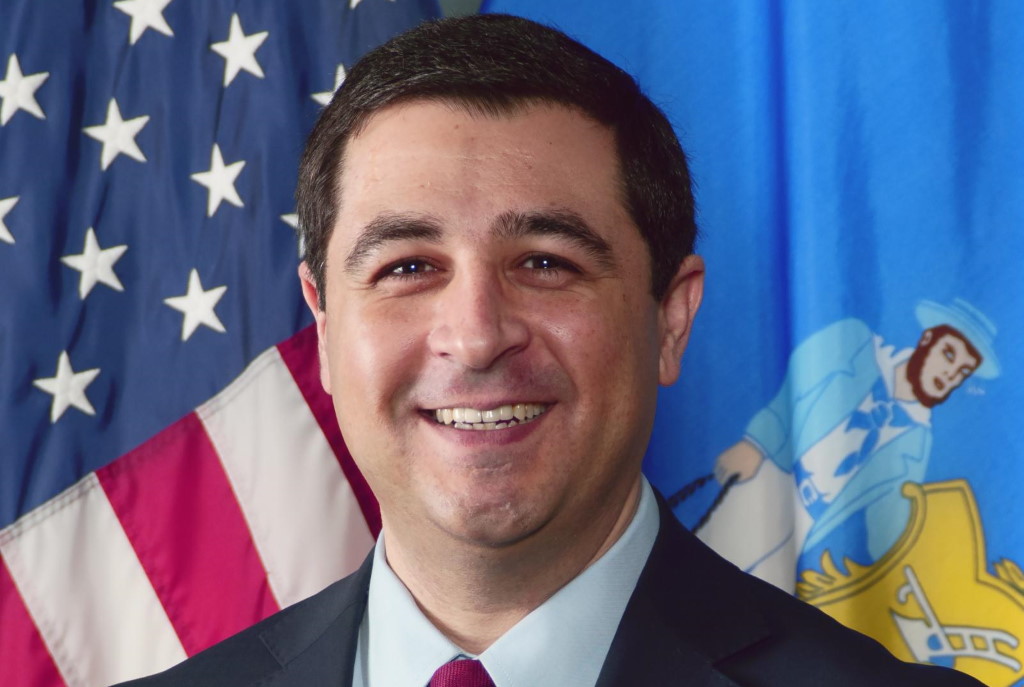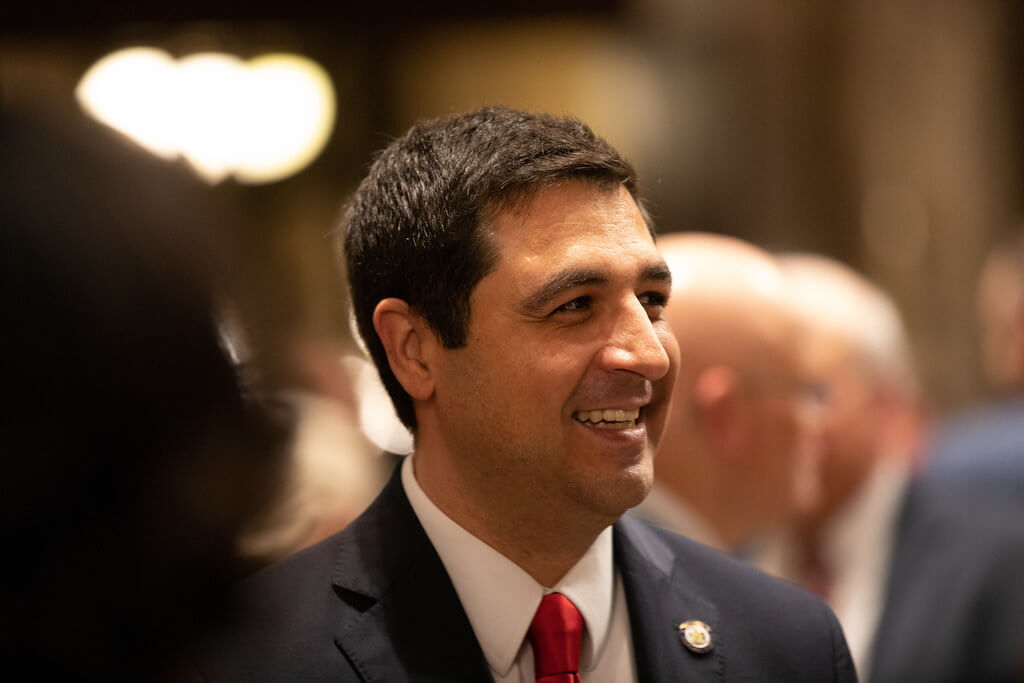AG Kaul Joins 22-State Coalition Opposing Trump Administration’s Drastic Limits on International Student Visas
AG Kaul Joins 22-State Coalition Opposing Trump Administration’s Drastic Limits on International Student Visas
MADISON, Wis. – Attorney General Josh Kaul today announced he joined a group of 22 state attorneys general in opposing efforts by the Trump administration to severely restrict the amount of time international students are allowed to stay in the United States. . In a comment letter submitted to the Department of Homeland Security (DHS), the coalition opposes a proposed rule that would set fixed time limits of two or four years for student visas, upending longstanding policy that allows students to stay as long as they need to earn their degrees, as long as they meet certain requirements. The coalition urges DHS to abandon the proposed rule, arguing that it would harm international students, limit educational opportunities for American students, damage state economies, create unnecessary red tape, and violate federal law.
“International students contribute so much to our state and communities at Wisconsin’s world-renowned universities. This latest attack on international students from the Trump administration would impose burdensome and arbitrary restrictions on those students, add further strain to university budgets, and negatively impact our economy,” said Attorney General Kaul.
In September 2020, DHS proposed a new rule that would end “Duration of Status” and drastically limit the amount of time international students are permitted to stay in the U.S. Under the proposed rule, initial visas would be valid for a maximum of four years. Many students would be limited to two-year initial visa terms, including because they are from countries designated as “state sponsors of terrorism”; from countries that have visa overstay rates of more than 10% according to DHS data; or they attend an educational institution that does not participate in the unrelated E-Verify employment eligibility verification program. After the initial visa term, foreign students would be required to obtain documentation from their institutions and apply for a visa extension, which would be granted by U.S. Citizenship and Immigration Services (USCIS) only when “additional time needed is due to a compelling academic reason, documented medical illness or medical condition, or circumstance that was beyond the student’s control.” These new requirements would create uncertainty in international students’ ability to complete their courses of study such that many might elect to never start in this country, decreasing enrollment and diversity at many educational institutions. The proposed DHS rule is the latest in a series of unlawful attempts by the Trump administration to keep citizens of other countries out of the United States. In the comment letter, the coalition urges DHS to abandon the proposed rule because it would:
- Cause sharp declines in international student enrollment: This rule would apply to both undergraduate and graduate students, despite the fact that only 41% of all full-time college students earn a bachelor’s degree in four years, and the median time needed to complete a doctoral degree is more than six years across the board, ranging from 6.3 years in earth sciences to 11.9 years in education. In the 2018 calendar year, 53.2% of all international students—more than 700,000 in total—were enrolled in programs with a minimum duration of four years. If students were subject to two-year or four-year limitations, they would have no assurance that they would be able to complete their programs. Given the risk involved, it is more than likely that significant numbers of students will not apply for those programs.
- Negatively impact opportunities for American students: A decline in international student enrollment would cause significant financial losses for American universities, particularly state universities, where international students often pay higher out-of-state tuition rates. Those higher rates contribute to institutions’ overall budgets and enhance public universities’ ability to serve lower-income in-state students by reducing the amount of tuition they are required to pay. Additionally, international students contribute to diverse campus communities and help American students build intercultural communication and problem-solving skills. If international students are forced to pursue their studies outside of the U.S., American students will be less prepared and less able to compete in an increasingly globalized economy.
- Harm state economies: The proposed rule poses a significant risk to the health of state economies, particularly during a time of decreased tax revenue and high unemployment. According to the U.S. Department of Commerce, international students contributed $44.7 billion to the U.S. economy in 2018 and, according the National Association of Foreign Student Advisors, supported 458,290 American jobs. A significant decline in international enrollment when the economy is already struggling would result in additional job losses and declines in much-needed tax revenue.
- Create unnecessary bureaucratic red tape: If this rule is adopted, DHS would be overwhelmed with hundreds of thousands of new visa extension applications—an estimated 364,060 by 2024—when it already cannot process applications in a timely fashion. In fact, the “Duration of Status” framework was created because continually processing applications for visa extensions was placing a major burden on the federal government and wasting taxpayer dollars. The new rule would create the exact issues the government sought to address when it adopted the current system.
The Attorneys General also argue that the Acting DHS Secretary lacks legal authority to implement rules and that the proposed rule conflicts with existing federal statutes and regulations.
A copy of the comment letter is available here.
The District of Columbia and Massachusetts led the letter and are joined by state attorneys general of California, Colorado, Connecticut, Delaware, Hawaii, Illinois, Iowa, Maine, Maryland, Michigan, Minnesota, Nevada, New Mexico, New York, Oregon, Rhode Island, Vermont, Virginia, Washington, and Wisconsin.
Press release: https://www.doj.state.wi.us/news-releases/ag-kaul-joins-22-state-coalition-opposing-trump-administration%E2%80%99s-drastic-limits
NOTE: This press release was submitted to Urban Milwaukee and was not written by an Urban Milwaukee writer. While it is believed to be reliable, Urban Milwaukee does not guarantee its accuracy or completeness.
Mentioned in This Press Release
Recent Press Releases by Josh Kaul
Wisconsin DOJ Hosts First Fire Investigation Course
Aug 26th, 2021 by Josh Kaul“This course provides investigators with training and accreditation, bringing expertise in fire investigations to more communities and helping to protect public safety,” said Attorney General Kaul.
AG Kaul Issues Update on Statewide Inquiry into Clergy and Faith Leader Abuse
Jul 13th, 2021 by Josh KaulSurvivors are still encouraged to report abuse at SupportSurvivors.widoj.gov or by calling 1-877-222-2620























